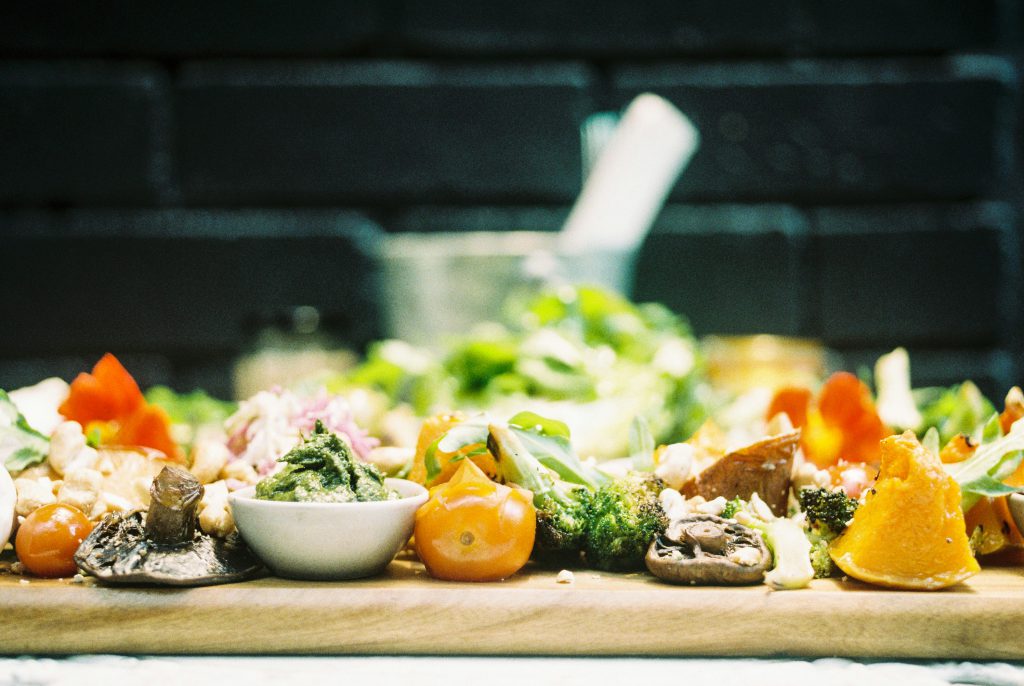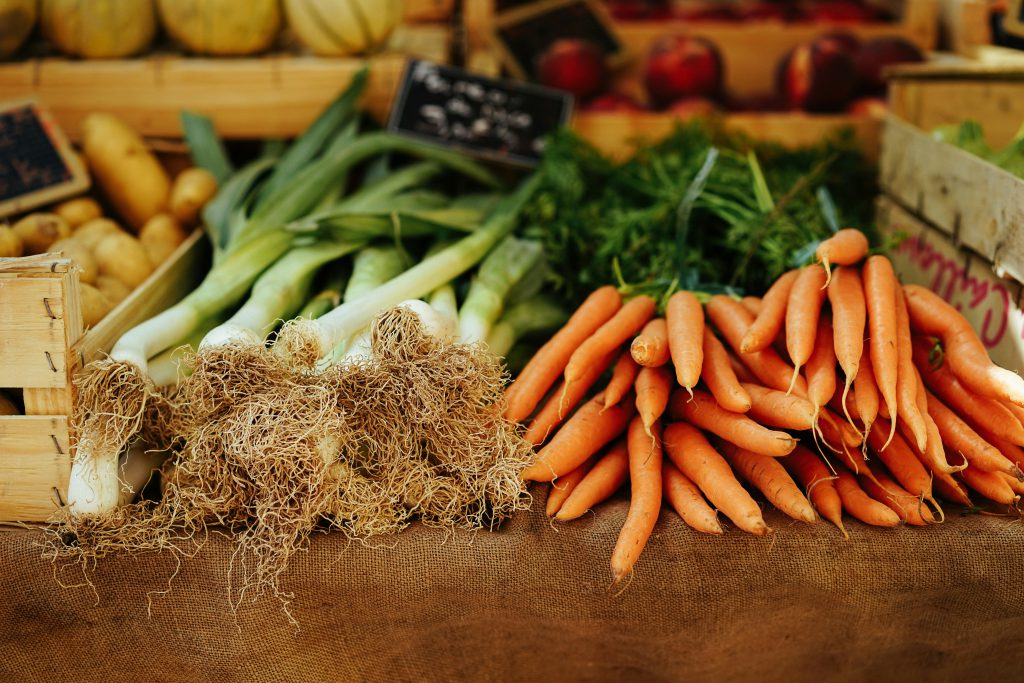The food and beverage industry plays a vital role in our daily lives, providing us with sustenance and nourishment. However, with the increasing awareness of the environmental impact of our actions, there has been growing concern over the sustainability of this industry. Consumers are becoming more conscious of the origin of their food and the practices used in its production. In response to this, the food and beverage industry has been implementing sustainable practices to reduce its carbon footprint and preserve the planet for future generations. These efforts have not only benefitted the environment, but also the industry itself, as sustainability has become a key factor in consumer’s purchasing decisions.
This article will delve into the world of sustainable practices, exploring the various initiatives and innovations that have been adopted by companies to promote sustainability. This will also shed light on the importance of sustainable practices in this industry and encourage more businesses to join this movement towards a greener and more sustainable future.
Reducing Food Waste through Innovative Solutions

To address the pressing issue of food waste, restaurants have been actively seeking innovative solutions to reduce waste at every stage of the supply chain. From production to consumption, various strategies have emerged to minimize the amount of food that goes to waste. One approach involves implementing advanced forecasting and inventory management systems that utilize data analytics to optimize production schedules, ensuring that only the necessary amount of food is produced. These restaurants and even a good number of culinary and tourism institutes are increasingly collaborating with food banks and charitable organizations to redirect surplus food to those in need, thereby reducing waste while also addressing food insecurity.
Eco-friendly Packaging Options Gaining Popularity

As sustainability becomes a key focus in the food and beverage industry, eco-friendly packaging options are gaining significant popularity. Consumers are increasingly demanding products that are not only delicious, but also packaged in a way that minimizes environmental impact. This has led to the emergence of various sustainable packaging alternatives, such as biodegradable and compostable materials, as well as innovative designs that reduce the use of plastics and promote recycling. Companies are also exploring options like plant-based packaging made from renewable resources, as well as utilizing recycled materials. With the growing awareness and emphasis on environmental conservation, eco-friendly packaging options are becoming a preferred choice for both businesses and consumers.
Farm-to-table Movement Gaining Momentum

The farm-to-table movement is experiencing a surge in momentum since customers are becoming more conscious about the origins of their food and the impact it has on the environment. This movement emphasizes the direct sourcing of ingredients from local farms and producers, promoting the use of fresh, seasonal, and locally grown produce. By reducing the transportation distance and supporting local farmers, this approach not only ensures higher quality and flavor in dishes but also reduces carbon emissions associated with long-haul transportation. Tourism and hospitality schools like Astoria Culinary and Hospitality Institute (Astoria-ACHI) have trained food and beverage staff to utilize produce from local farmers and fisherfolk in the resorts they work at.
Implementing energy-efficient Processes for Sustainability

As the food and beverage industry continues to embrace sustainable practices, another crucial aspect that companies are focusing on is implementing energy-efficient processes. Prioritizing energy efficiency allows businesses to aim to reduce their carbon footprint and contribute to a more sustainable future. This involves analyzing and optimizing energy consumption throughout their operations, from production facilities to transportation and distribution networks. Companies are investing in advanced technologies and equipment that consume less energy, such as energy-efficient appliances, LED lighting, and smart systems for monitoring and regulating energy usage. Through these initiatives, businesses are not only reducing its environmental impact but also realizing substantial cost savings in energy expenses.
To conclude, the food and beverage industry has made significant strides towards incorporating sustainable practices into their operations. From sourcing local and organic ingredients to implementing environmentally friendly packaging and waste reduction strategies, companies are taking steps to minimize their impact on the environment. While there is still movement to be made, it is encouraging to see the industry making a conscious effort towards sustainability. With consumers becoming more aware and demanding of eco-friendly options, it is likely that we will continue to see the adoption and innovation of sustainable practices in the food and beverage industry.
Astoria-ACHI is one of the leading culinary institutes imbuing sustainability in its OJT or On The Job training for professionals in the Food and Beverage industry and hospitality as a whole. Its webinars, AVPs, and on-site classes are headed by a core of reputable professionals with decades of experience collectively.
To know more about Astoria-ACHI’s programs, you may contact the following:
E-mail: training@astoriaplaza.com
Landline: (02) 8788-1487
Mobile: (+63) 920-958-2032, (+63) 919-911-3957, (+63) 908-872-7925
You may also visit this culinary institute at 15 J. Escriva Drive, Astoria Plaza, Ortigas Business District, Pasig City, 1600

